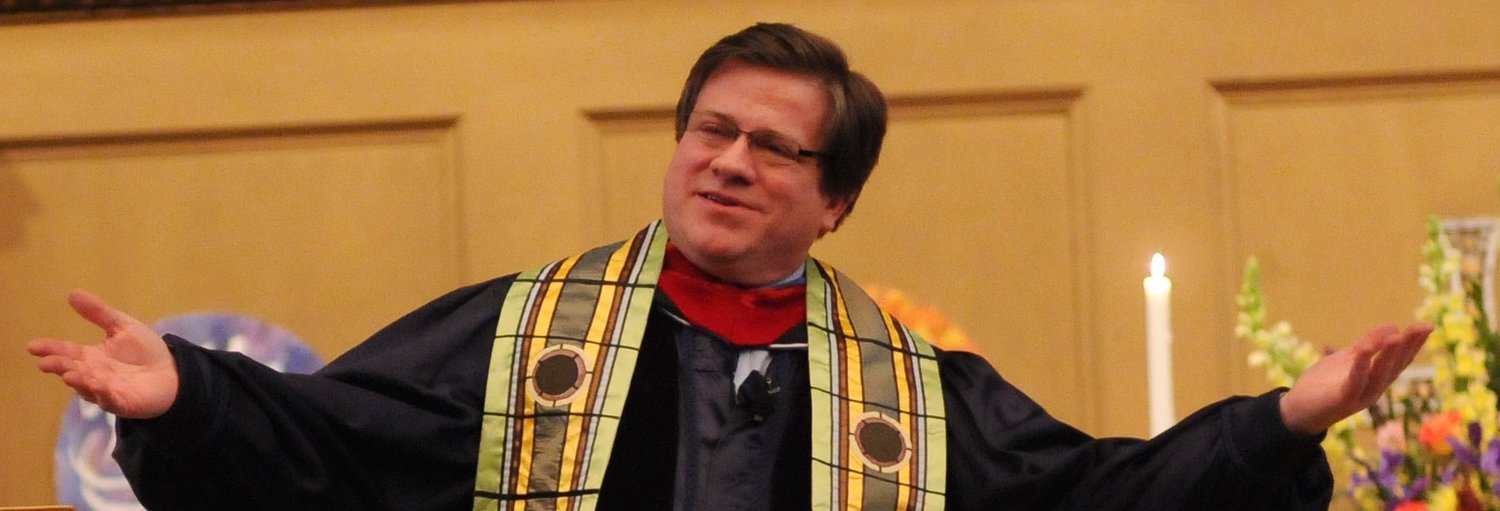For the Inward Journey, Day Forty-Five (Good Friday)
“My God! My God! . . .”
He was dying!
Jesus had come to the cross by a direct path
Despite the agony of all the pain
There was the sense of pure relief
That he and the dogging shadow were face to face.
Nothing could reach him now.
He was beyond the violence of all his foes,
he thought.
He gripped the pain.
He established its place and bade it stay.
Death was at hand, he knew:
A zone of peace holds fast the place
where pain and death are met.
Pinnacled on its lonely height, he waited.
Then came the crash of words:
“Come down! Come down!
If you believe your words,
Call the angels to do their work.”
“If you are God's son, make good your claim!
Come down! Come down! Come down!”
His spirit quaked. His mind tilted.
The pain escaped; his whole world shifted.
“My God! My God! Hast thou forsaken me?”
The words leaped forth.
He wondered had he missed the way.
Could it be true that he was sure of God
But God not sure of him?
The day at the Jordan his mind recalled;
Into the desert wilderness he sought the clue.
The mount where Moses and Elijah came to mind.
He remembered the Cup
And the long night beneath the olive trees.
“This is the Cup; not Death!
To yield the right to prove the Truth
As if it could not stand alone.
This is the Cup; not Death!
Father, into Thy Hands, I give my life!”
(For the Inward Journey: the writings of Howard Thurman.
Selected by Anne Spencer Thurman. pages 264-265
Originally published in The Inward Journey)
My morning thoughts were upside-down today. I rose extra early to wait at the lab for them to do a routine screening. Gave a little blood in preparation for my routine visit with my primary care physician next week. In all this “routine,” I was feeding the cats a little early, changing my glucose sensor “on time,” giving up my “prime” parking space too-too early, and then facing an early-morning-and-more-manic traffic than I usually do.
And I was filled with prayer and a kind of residual awe.
Last night, I attended the Maundy Thursday service at the Episcopal cathedral in Garden City. It was a “higher” service than I am used to—many more of what my clinical pastoral education supervisor Tom Sullivan would call “smells and bells.” (Tom was one of those unusual Irish Anglicans.) Of course, I can handle a little high church! I find it distancing from my own experience and norms. Thus can more readily enter it with some sense of wonder.
The service itself was a Sung Mass, so much of the liturgy was intoned and sung by clergy and choir and congregation. Some of the hymn singing was familiar, and the choral work of the choir, too, reminding me of my own many years in choruses and choirs. Some of the cantillation was more challenging. Again, the familiar and the separate.
But this state of being somewhat alienated, somewhat uncomfortable, somewhat solitary in knowing no one there; this state allowed me to hear the agony in prayer where Jesus “threw himself on the ground and prayed that, if it were possible, the hour might pass from him.” This is no Jesus, hands clasped as moonlight shines on pale face; this is Jesus in the midst of his agony. It is a spiritual agony, an ethical and moral agony, that presaged the miserable torture and execution that would be before him, as it had for so many trouble-makers before him, so many enemies of empire, so many who may have been vanquished.
The story I knew; the story I could have told; but the thought of Jesus throwing himself to the ground, that I experienced as something entirely new. It has haunted me (or at least occupied my thoughts) through the night and into this morning. That Jesus, hands dirty, face dirty, was writhing in pain, was suffering, even absent the religious authorities who would reject him, absent political authorities who would condemn him and kill him; here is Jesus struggling with his internal questions. Did his life really matter? Would his relationships endure beyond suffering? And was another way possible?
I’ll sit with these thoughts today and tomorrow and into sunrise on Sunday. I’m sure all my answers will be incomplete, as life is full of incompleteness. But I hope I can learn both to identify with the suffering of Jesus—and so many people of this world—and to know that I am estranged from the sufferings of Jesus and others. I cannot know exactly “what you’re going through,” I just can’t. But I can express a willingness to be with you through it. And to do what I can to be present in your suffering and in your victories. I know that my liberation is bound up with yours, and I hope to work together.
